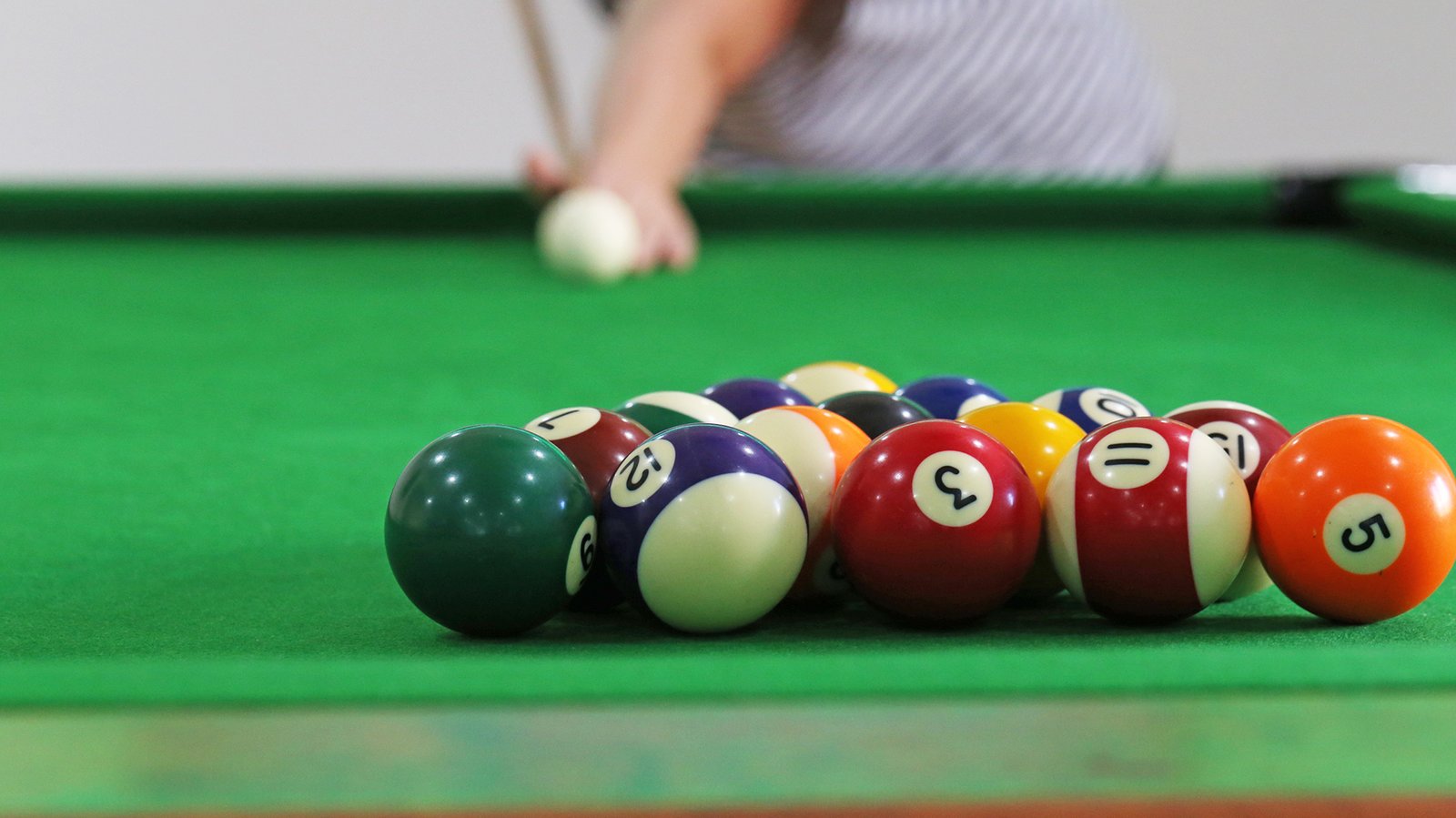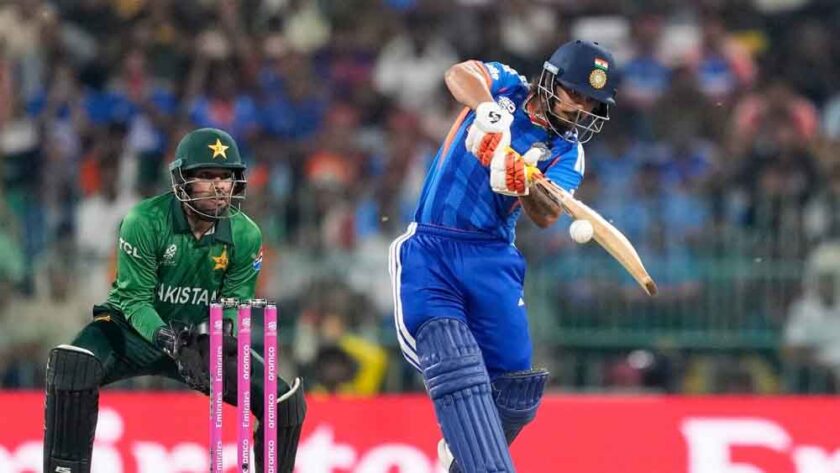Post Views: 132
Lucknow: Snooker, a cue sport that originated in India during the latter half of the 19th century, has seen significant evolution and growth in the country.
1. Origin and Early Days
- British Colonial Era: Snooker was invented in 1875 by British Army officers stationed in India, specifically in Jabalpur. It evolved from billiards and quickly became popular among the British elite.
- First Indian Influence: During this period, local Indians began to learn and play snooker, primarily through interaction with the British.
2. Post-Independence Period
- Formation of Organizations: In 1926, the Billiards and Snooker Federation of India (BSFI) was established to promote cue sports in the country.
- National Championships: The BSFI organized national championships, which provided a structured platform for Indian players to compete and hone their skills.
3. Prominent Players and International Success
- Wilson Jones: The first Indian to win the World Amateur Billiards Championship in 1958, Jones’ success inspired many Indians to take up cue sports.
- Michael Ferreira and Geet Sethi: Following Jones, Michael Ferreira (three-time World Amateur Billiards Champion) and Geet Sethi (who won both World Billiards and World Professional Billiards Championships) became household names.
- Pankaj Advani: Perhaps the most celebrated cueist in Indian history, Pankaj Advani has won numerous world titles in both snooker and billiards, significantly raising the sport’s profile in India.
4. Modern Era and Media Exposure
- Television Coverage: The advent of sports channels and live coverage of major snooker events increased the sport’s visibility and popularity in India.
- Professional Tours: Indian players started participating in international professional snooker tours, with some even earning rankings and titles.
5. Grassroots Development and Infrastructure
- Clubs and Academies: The establishment of snooker clubs and training academies across the country has facilitated the sport’s grassroots development. Cities like Mumbai, Bangalore, and Kolkata have become hubs for cue sports.
- Youth Programs: Initiatives to introduce snooker at the school and college levels have helped in nurturing young talent.
6. Government and Corporate Support
- Sponsorship and Funding: Increased sponsorship from corporates and better funding from the government have provided financial stability and opportunities for players to compete internationally.
- Recognition and Awards: Successful players have been recognized with national sports awards, further validating snooker’s status as a competitive sport.
7. Challenges and Future Prospects
- Infrastructure: While urban areas have decent facilities, rural regions still lack the infrastructure to support the sport.
- Awareness and Popularity: Compared to cricket and other mainstream sports, snooker remains relatively niche. Efforts to popularize it further are ongoing.
- Global Competitiveness: Continued success in international tournaments and the emergence of new talent are crucial for maintaining and enhancing India’s reputation in snooker.
Snooker in India has transitioned from a colonial pastime to a recognized and respected sport, producing world-class talent and gaining a dedicated following. The sport’s future looks promising with increasing grassroots initiatives, better infrastructure, and more significant media exposure.

---------------------------------------------------------------------------------------------------















